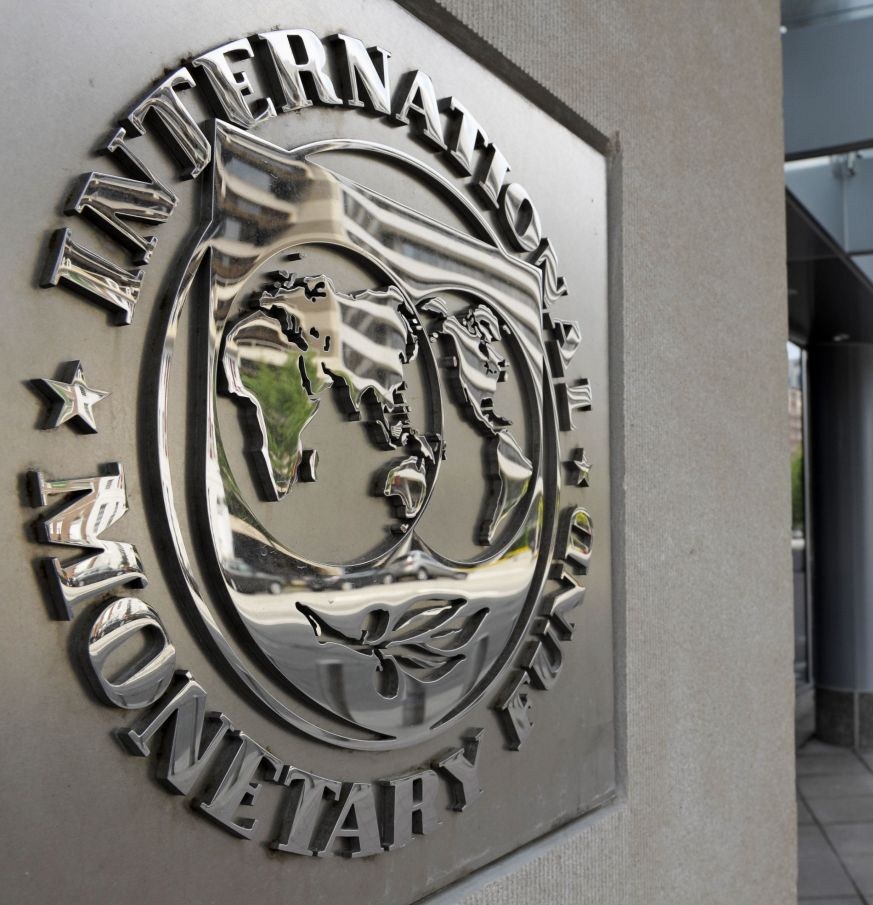The International Monetary Fund (IMF) is of the firm conviction that Guyana needs to strengthen its Post-Clearance Audit (PCA) capacity to improve the trade which will increase significantly and at a rapid pace for the oil sector.
In a report prepared for the Government, the Fund said that this task lies with the Guyana Revenue Authority (GRA). The financial institution noted that PCA is a Customs control method that is performed subsequent to the release of the cargo from Customs’ custody. The purpose of such audits is to verify the accuracy and authenticity of declarations and covers the control of traders’ commercial data, business systems, records, books.
The IMF said that as trade increases and the World Trade Organization Trade Facilitation Agreement (WTO -TFA) is implemented, customs must move away from control methods that involve a significant amount of time being spent scrutinizing documents and examining cargo. The IMF said that these methods add time and cost to importers, are not always effective, and are not compatible with modern customs administration.
It further noted that PCA, by ensuring a credible system for identifying non-compliance and recovering lost revenue, gives Customs and Government the confidence to press ahead with significant trade facilitation measures such as a Trusted Traders programme. The financial institution also pointed out that the PCA function, quite apart from the requirements of the oil and gas sector, should be expanded with adequate resources, training, and up-to-date legal powers.













